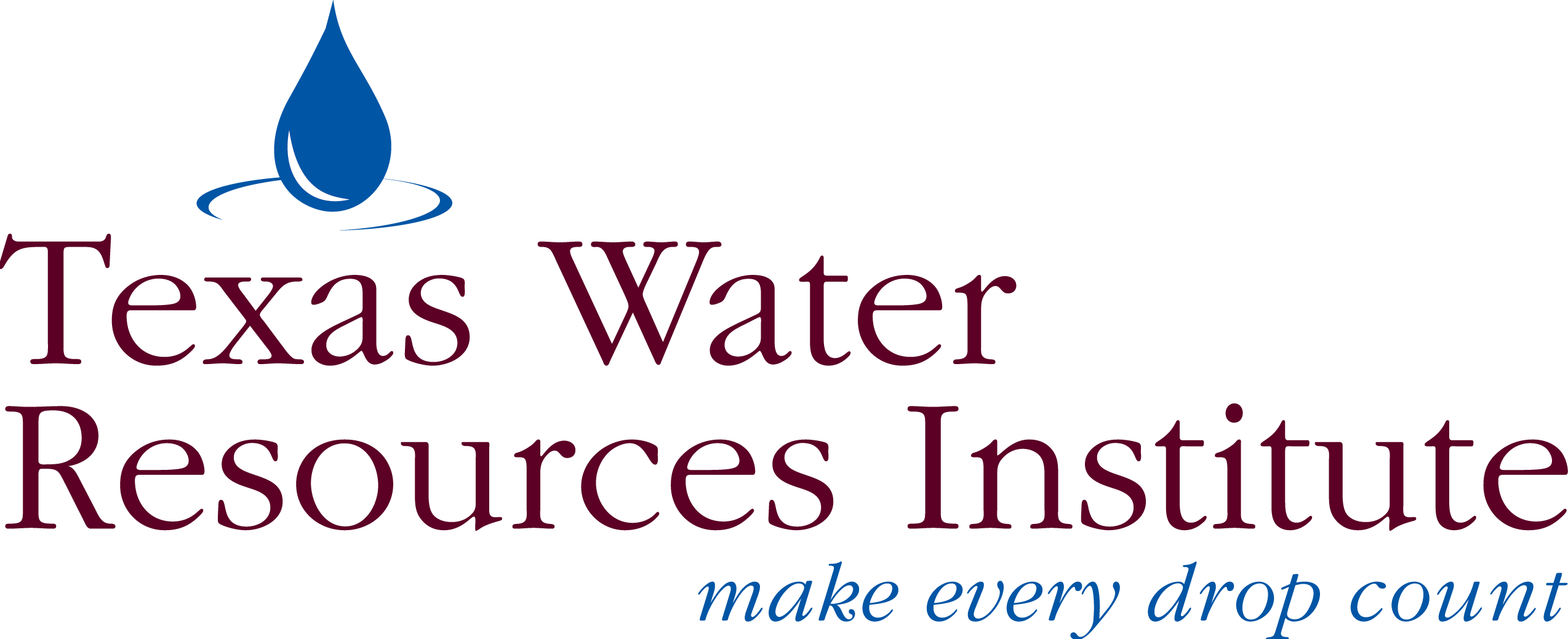The Texas Water Resources Institute (TWRI) has published its latest Annual Report, focusing on accomplishments and project highlights from 2019.
TWRI gathers data, evaluates water quality changes over time and actively works with involved stakeholders to develop local solutions. In East Texas, many water bodies are considered impaired because of bacteria levels. Sources of bacteria include livestock, feral hogs and failing septic systems. To combat this issue, TWRI manages the Attoyac Bayou On-Site Sewage Facility Remediation program, providing financial assistance for septic system repair, replacement or first-time installment for families within the Attoyac Bayou watershed.
TWRI, along with Texas A&M AgriLife Research, Texas A&M AgriLife Extension Service and New Mexico Water Resources Research Institute, is part of the Diversifying the Water Portfolio for Agriculture in the Rio Grande Basin project, a Coordinated Agriculture Project funded by the National Institute for Food and Agriculture. Rio Grande Basin water resources — plus the societies, economies, species and ecosystems that depend on them — are seriously threatened by drought, climate change and rapid population growth. The team is addressing these issues by exploring various water management strategies such as evaluating alternative water sources, new crops, best management practices and water conservation improvements to identify the most efficient and cost-effective use of water within the basin.
TWRI’s Urban Riparian and Stream Restoration Program, an educational program focused on the emerging discipline of natural stream design to restore riparian vegetation cover throughout urban Texas rivers and streams, includes Urban Stream Processes and Restoration trainings and a demonstration site at the Irma Lewis Seguin Outdoor Learning Center in the Geronimo Creek watershed. We collaborate with the Texas A&M AgriLife Center at Dallas, Texas Riparian Association, U.S. Environmental Protection Agency and Texas Commission on Environmental Quality on this program. In 2019, we had trainings in Pearland, McKinney, New Braunfels, Waco and Corpus Christi with 139 people attending.
Under a Memorandum of Understanding (MOU) signed in 2018 by AgriLife Research, on behalf of TWRI, with Instituto Mexicano de Tecnologia del Agua (IMTA), TWRI and IMTA have a strong relationship and work together on topics and data related to groundwater along the Texas-Mexico border. The MOU represents the first effort at an academic level between Mexico and Texas regarding data sharing, joint research and collaboration over transboundary groundwater resources, characterizing the hydrogeological units along the border region and other topics related to groundwater, such as regional groundwater flows and connectivity of aquifers below the Rio Grande.
In the Dallas-Fort Worth region, TWRI began coordinating the development of future water resources programs and activities with the AgriLife center at Dallas serving as the coordination hub for the region. The Dallas center will serve as the water resource hub regional partners and stakeholders can turn to for information and education.
As a partner in one of Texas A&M University’s X grants, TWRI is working with seven other Texas A&M departments to answer the question: Can desalination and wastewater reuse technologies deliver sustainable transformations of urban water systems across the globe? Researchers seek to use the outcomes and analysis of their work from case studies to develop and advance a green financing framework for the sustainable implementation of desalination and water reuse projects.
To learn more about TWRI’s work, read the full report, view the electronic version and see the infographic below.




